Spate of Irukandji stings closes Far North beaches
Authorities have shut down six popular Far North beaches after a spate of potentially deadly Irukandji jellyfish stings on adults and children.
Cairns
Don't miss out on the headlines from Cairns. Followed categories will be added to My News.
BEACHES across the Far North are likely to remain closed in coming days with an influx of the deadly Irukandji jellyfish and six people taken to hospital after being stung.
A Cairns and Hinterland Hospital Health Service spokesman said six people had been treated in the last 48 hours and urged the public to heed advice from Surf Life Saving Queensland (SLSQ).
“We have had the following patients treated for Irukandji jellyfish stings in Cairns Hospital since Sunday, with only one admitted to the ICU for an overnight stay,” he said.
“All patients have since been discharged from hospital.”
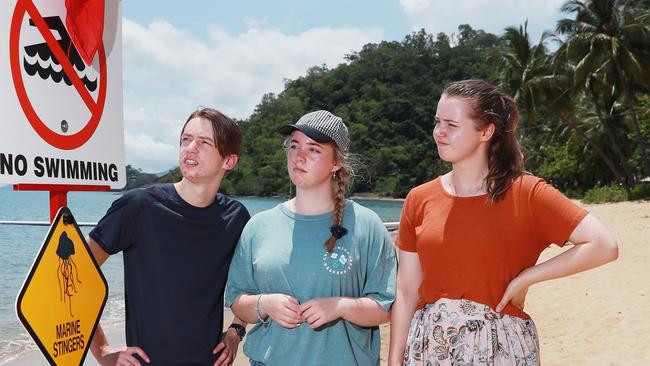
He said the patients comprised four women, a 15-year old girl and a six year old boy.
“Our emergency teams are busy enough with Covid patients – they don’t need the extra pressure,” the spokesman said.
Surf Life Saving Queensland (SLSQ) North Queensland lifeguard supervisor Jay March said Ellis Beach, Palm Cove, Clifton Beach and Kewarra Beach would remain closed.
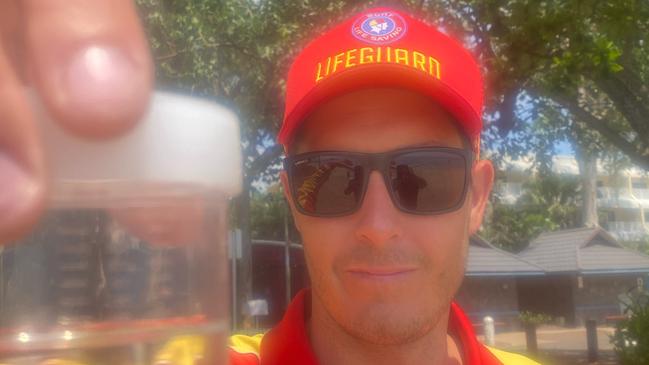
“There’s a lot of interstate travellers around who are not aware of the issues with stingers – if you see people swimming outside the nets or in the water at closed beaches, make sure they are aware of the situation,” Mr March said.
“There were 20 people in the water at Palm Cove this morning, the beach was closed and three Irukandji were caught in a drag.”
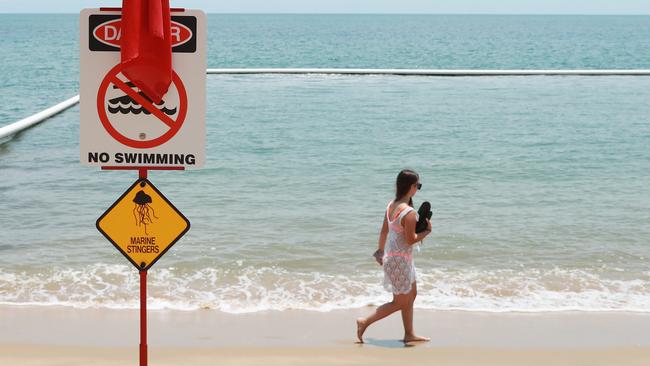
He urged people to be aware of beach closures and follow advice.
“It is typical for this time of year with northerly and easterly winds changing the currents, making it conducive for Irukandji to be around,” Mr March said.
“If you are stung you might not know it for 40 minutes, then you develop Irukandji syndrome and that is a trip to hospital, and overnight stay, and it is very painful.”
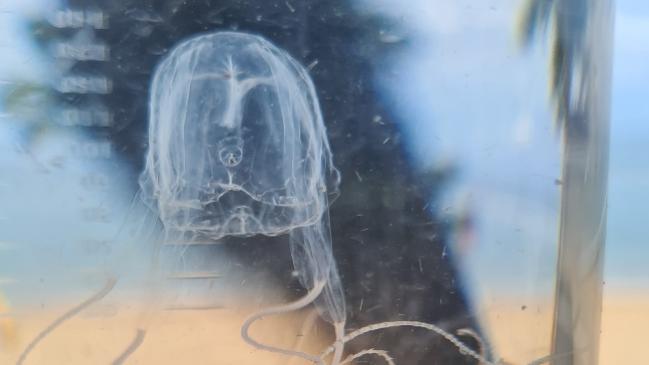
Signs and symptoms can include severe backache or headache, shooting pains in muscles, chest and abdomen, nausea, anxiety, restlessness, vomiting and breathing difficulties.
“We close the beaches for a reason, go find a pool or swimming hole – emergency services are under enough stress as it is with Covid, the last thing they need is more patients, and we are trying to keep everyone as safe as we can.”
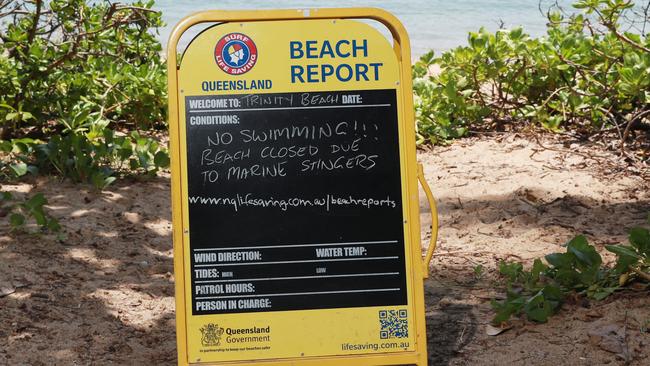
Irukandji jellyfish are very small, with a bell about 5mm to 25mm and four long tentacles, which range in length from just a few centimetres up to 1 metre in length.
Last February, 17-year-old Tommy Johnson was in the water at Patterson Point near Bamaga when he was stung by the lethal box jellyfish.
He subsequently died in Townsville Hospital.
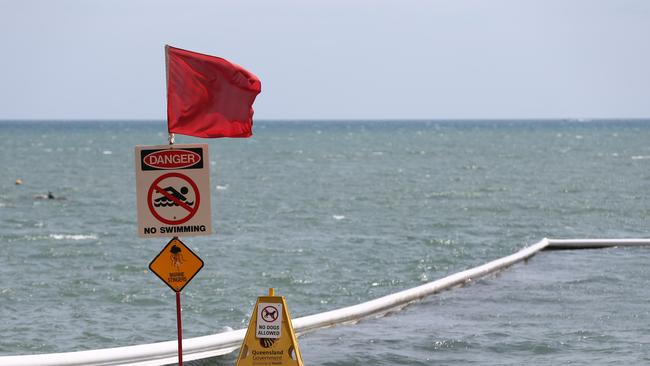
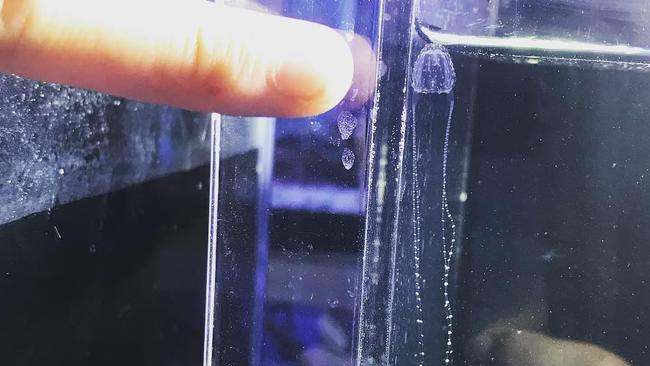
Mr March urged people to check the North Queensland Life Saving website.
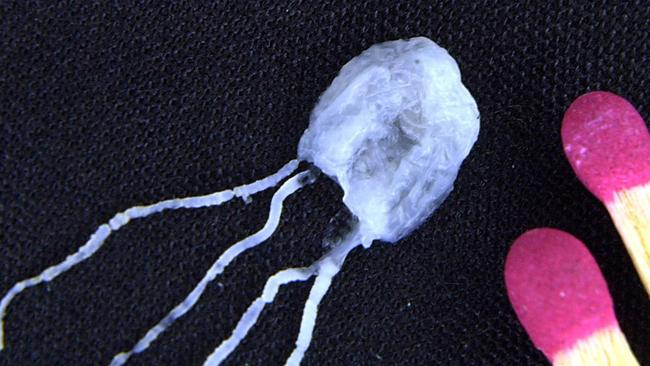
More Coverage
Originally published as Spate of Irukandji stings closes Far North beaches




